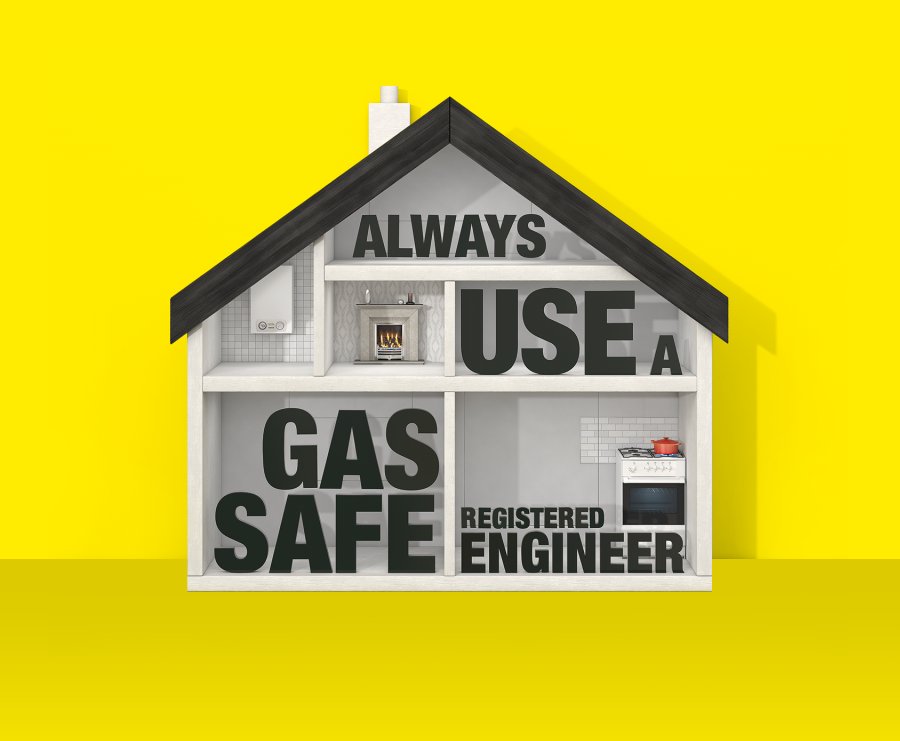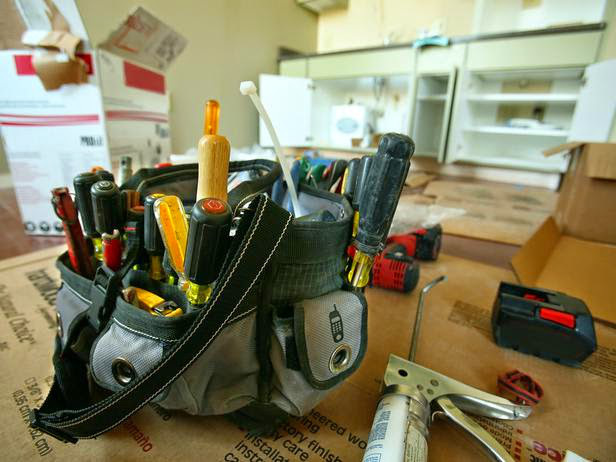Handling common kitchen installation problems
In a recent survey carried out by Which? the main installation problems identified by their members were:

Being aware and pre warned plays a big part in avoiding these issues from the outset.
Below we list in more detail these installation issues together with thoughts on how to avoid or where to get further help.

Delays to fitting a kitchen
You may have problems if the fitter repeatedly misses the date to fit your kitchen or takes too long to do the work. Consumer law says that when you get a service such as kitchen fitting carried out, it should be done in a reasonable time or by the deadline you agreed with your kitchen fitter.
If you have an agreement with your fitter to finish the work by a certain date, this is a contract and your fitter should stick to it. If you don’t have an agreement about when the work should finish, consumer law says that anyone providing a service such as building work or home improvements should do so in a reasonable time. What’s considered reasonable will depend on the type of work being done.
If the fitter takes longer than the contract says or doesn’t do the work within a reasonable time, you should negotiate a new deadline with them.
It’s not a valid excuse for the fitter to put off a job just because they have a lot on or can’t manage their resources properly. Get some advice from a trade association, if you’re unsure what counts as a reasonable amount of time.
Not receiving the kitchen you ordered
Your fitted kitchen, as with other goods, must match its description. So if you order a kitchen with wooden work surfaces, plastic work surfaces shouldn't be delivered.You may also end up with a different colour, design or size from the sample you saw or what you ordered.
When you buy something, consumer law says the item must match its description. If you realise an item doesn't match its description when you get it home or you receive it, you may have the right to return it to the seller and ask for a refund.
Faulty kitchen units and appliances
When you buy goods such as fitted kitchen furniture, consumer law says it must be of satisfactory quality. If the goods are damaged or faulty they won’t be of satisfactory quality and the trader must put things right. You may, for example, be able to get a refund, repair or replacement. This will depend on the circumstances.For example, if doors are delivered and the hinges are missing, the doors aren't satisfactory quality. The kitchen supplier should either provide you with the hinges or give you a refund.
Sometimes the problem is caused by the wrong type furniture or appliance being ordered. If you chose the item yourself, you may not be entitled to have things put right – although you should always try negotiating with the trader to see what they can do for you. However, if you relied on expert advice from a salesperson, you may be able to hold them responsible.
Sometimes you buy goods yourself from one trader and then employ another trader to fit them. For example, you might buy bath taps from a D.I.Y. store and then ask a plumber to fit them.
If things go wrong in this type of situation, it can be really hard to work out who's responsible for putting things right. It will depend on if you can find out whether the problem is with the taps or with the way the plumber fitted them.
Kitchen Appliance Safety
If you are having a gas or electric cooker fitted, only qualified fitters can carry out this work. Make sure your appliance is fitted safely.
Electricians :
You can use the Electrical Safety Register to find a local registered electrician who is a member of either ELECSA or The National Inspection Council for Electrical Installation Contracting (NICEIC). You can also use the Electrical section of the Registered Competent Person website to find registered electricians in England and Wales or find an electrician by looking in your Yellow Pages, asking friends and family for recommendations.

Gas Engineers:
All gas engineers should be registered by law to work with gas. If you are having gas work done in your home, you should only use a Gas Safe registered engineer.
You can find a Gas Safe engineer by looking in your Yellow Pages, asking friends and family for recommendations or contacting the Gas Safe register to ask for a list of engineers in your area. When you contact a gas engineer you should ask them if they are Gas Safe registered. When the gas engineer comes to your home, you should ask for their Gas Safe ID number or other evidence that they are a member.
The Compare Network
Copyright – Insight Retail Group Ltd 2025 All rights reserved